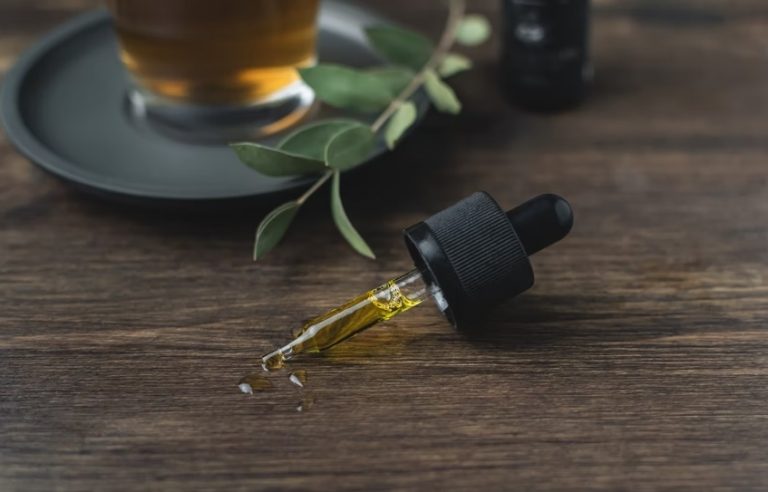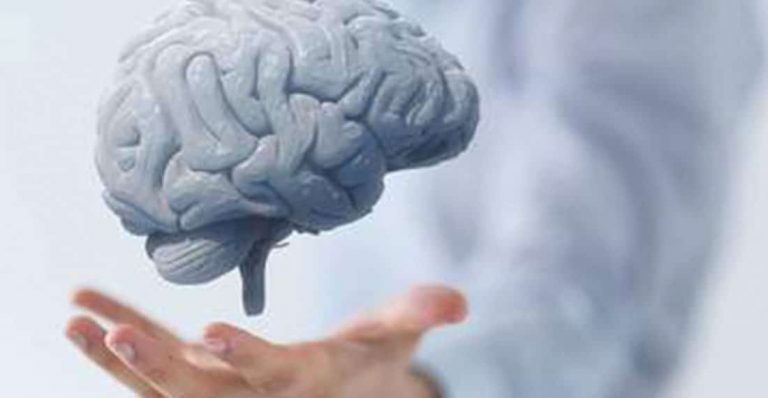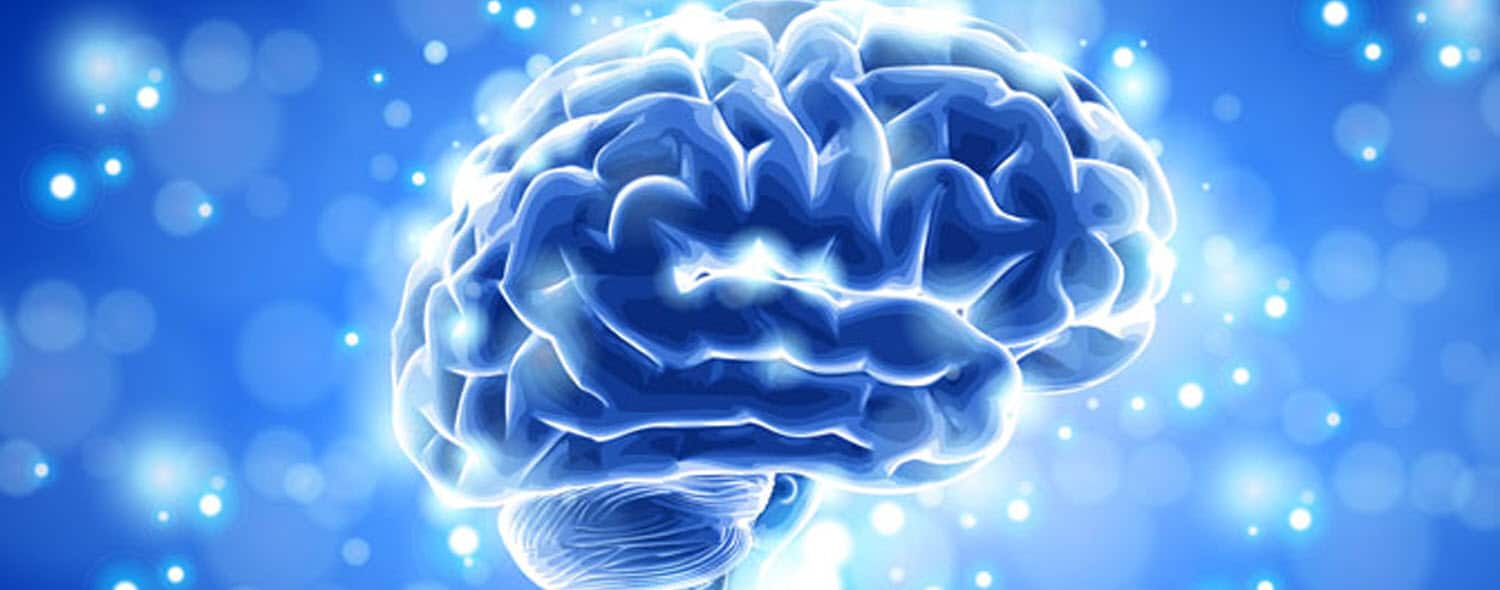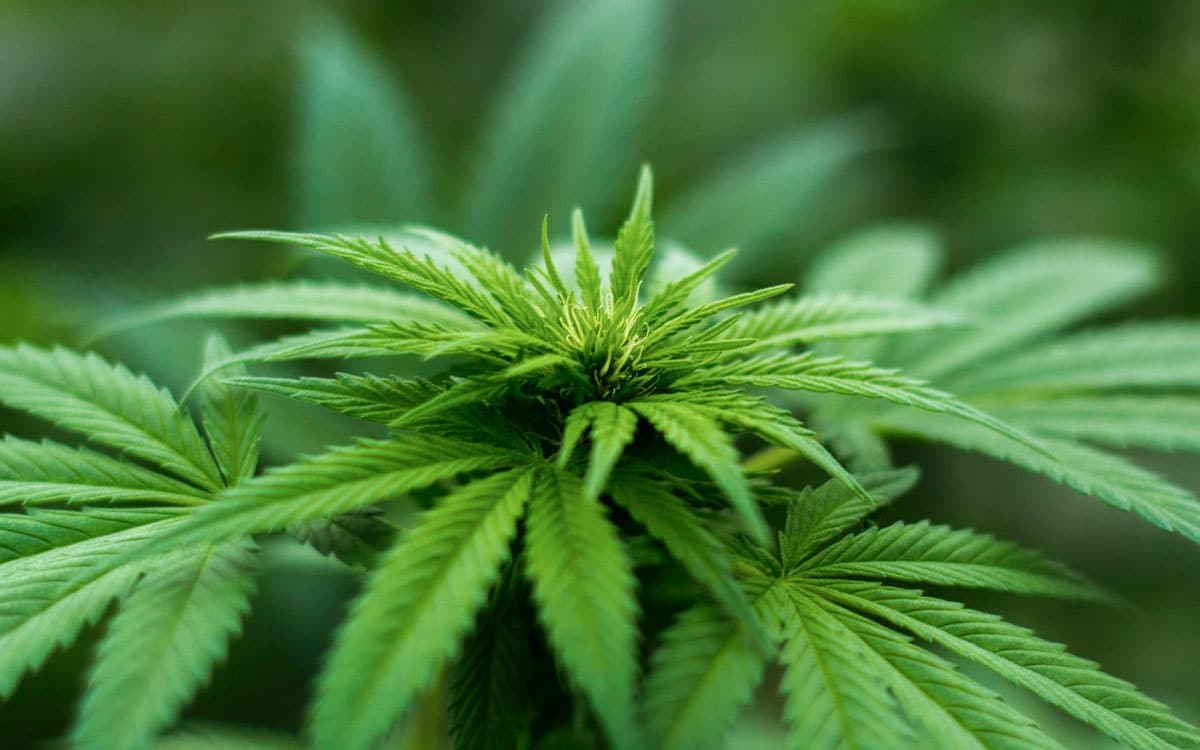How Can We Help?
10 Evidence Based Benefits of CBD Oil
Of the hundreds of cannabinoids produced by the cannabis plant, CBD (cannabidiol) has evolved to have the most therapeutic potential. Alongside THC, extensive studies on CBD over the last few years uncover what it can do in many different ways.
Unlike THC, CBD will not make you high or cause a lack of control, making it a far more desirable medicinal option for many people.
With our endocannabinoid system spreading through all the principal organs of our body, it is easy to understand how CBD can have such a broad reach. But, of course, in each organ, the cannabinoid system performs different tasks. Still, the goal is always the same: to maintain a stable internal environment, despite fluctuations in the external environment.
Here are 10 of many evidence-based benefits of CBD Oil.
1. Can Provide Chronic Pain Relief

While the whole plant has been used for thousands of years, scientists have more recently been able to isolate the key compounds that reduce pain, specifically CBD and THC. These two cannabinoids work thanks to our endocannabinoid system which is important for some key functions including pain, sleep, appetite and the immune system.
A recent report put forth by the National Academies Committee on the Health Effects of Cannabis, in which the authors concluded that there is “conclusive or substantial evidence” that cannabis is effective for the treatment of chronic pain in adults. 2
Studies have shown that CBD could reduce chronic pain through its influence on the endocannabinoid receptors, helping to reduce inflammation by interacting with the neurotransmitters in the brain.
Inflammation based pain tends to be where CBD provides its most significant benefit. A study in rats found CBD to reduce pain response to surgical incision, with another reducing nerve pain and inflammation. 3 4
Researchers reported that CBD suppressed chronic inflammatory and neuropathic pain without causing apparent analgesic tolerance in animals.5
Several human studies have shown the combination of CBD and THC to also be effective in treating pain related to arthritis and multiple sclerosis. While CBD alone can be effective, the mix of cannabinoids could be even more powerful.
2. Can Reduce Anxiety

With the growing number of people suffering from anxiety and depression, a natural, harmless solution must become widely available. The World Health Organisation quotes depression as the single largest contributor to disability, with anxiety at sixth. 6
Generally, doctors treat these issues with pharmaceutical drugs, which can create other adverse side effects, including headaches, drowsiness, insomnia, hormonal imbalance, agitation and digestive problems.7
CBD oil has shown potential as a treatment for anxiety and depression, creating significant interest from those who have suffered through the adverse side effects of conventional treatment and have been searching for a more natural approach.
While a cannabis high is sometimes associated with anxiety, the CBD in cannabis helps minimise anxiety, and when taken alone, shows a lot of promise.
According to a medical review, CBD may reduce anxiety-related behaviours in those dealing with anxiety, panic attacks, obsessive-compulsive disorder and PTSD.8
One study had people with anxiety take CBD before public speaking and found that those who received it had significantly less anxiety, discomfort in their speech and less cognitive impairment than the placebo group. 9 Furthermore, CBD has been used to treat insomnia and anxiety from post-traumatic stress disorder.10
One study had people with anxiety take CBD before public speaking and found that those who received it had significantly less anxiety, discomfort in their speech and less cognitive impairment than the placebo group. 9 Furthermore, CBD has been used to treat insomnia and anxiety from post-traumatic stress disorder.10
3. Can Alleviate Cancer Symptoms

CBD may help alleviate symptoms of cancer and cancer treatment side effects like nausea, vomiting and pain.
A study about the effect of cannabinoids on people suffering from cancer-related pain found those who had CBD and THC experienced a significantly greater reduction in pain compared to those who only received THC. 11
CBD may also reduce chemotherapy-induced nausea, one of the most common side effects. 12 Some drugs help, but these can also lead to unwanted side effects resulting in people wanting something else.
Authors of a review published in the British Journal of Clinic Pharmacology found CBD significantly helped prevent the spread of cancer. 13 Another review claimed CBD had shown to inhibit the progression of many types of cancer, including breast, lung, prostate and colon cancer. 14
CBD has anti-cancer properties and induces cancer cell death in some test-tube and animal studies. 15 For example, CBD has killed human breast cancer cells in a test tube, and in mice inhibited the spread of aggressive cancer cells. However, these are isolated to test tubes and mice and need further human evaluation.
4. Can Reduce Acne

Acne can be a very frustrating skin condition that affects more than 9% of the population. With many potential causes, it can be tough to treat as isolating the root cause can take months and be very difficult. However, present with the majority of acne is inflammation.
CBD is a safe and efficient way to treat acne because of its remarkable anti-inflammatory qualities. 16 A test-tube study also found CBD oil prevented sebaceous glands from secreting excessive sebum, the oily secretion by the skin that is often the cause of acne. 17
5. Can Protect The Brain

Thanks to the endocannabinoid system and its receptors present in our brain, the potential therapeutic benefits of cannabinoids like CBD could be huge. One of the most well-studied uses for CBD oil is treating neurological diseases such as multiple sclerosis and epilepsy.
The US government even owns a patent for the use of CBD oil as a neuroprotector, which they can only get with substantial research and clinical trials. The FDA has also approved a prescription cannabidiol drug for Epilepsy. 18
One study gave severe epileptics 2-5mls of CBD oil per body weight and found their seizures reduced by a median of 36.5%. 19 Another found CBD oil reduced seizures in children with Dravet syndrome. 20 Some studies have also shown CBD improved quality of life and overall sleep for those with Parkinson’s disease. 21 22
The inflammatory properties of CBD have shown positive results with fighting against Alzheimer’s in animal studies. 23
6. Can Improve Heart Health

Research has found CBD has a few benefits for the heart and circulatory system, including lowering blood pressure and reducing inflammation associated with heart disease. High blood pressure isn’t a problem in isolated scenarios, like inflammation. However, when it comes to chronic, it can lead to complications such as heart attacks, strokes and metabolic syndrome.
One study on healthy men found CBD oil reduced resting blood pressure compared to the placebo. When these subjects were stressed to raise blood pressure, the CBD reduced the blood pressure spike compared to without it. 24
Studies suggest that CBD oil’s stress and anxiety effects are responsible for its ability to help lower blood pressure. Another study found CBD treatment reduced oxidative stress in mice and prevented heart damage. 25
7. Can Help Against Diabetes

According to the Ministry of Health, approximately 300,000 New Zealanders have diabetes. Type 1 diabetes happens when the immune system attacks cells in the pancreas resulting in inflammation.
A study found CBD can ease inflammation in the pancreas. 26 One study showed CBD lowers the incidence of diabetes in diabetes-prone mice and diagnosed diabetes in only 32% of mice treated with CBD compared to the 100% in the untreated group.
Another study showed treatment with CBD helped reduce inflammation and diabetes by 56% in diabetic mice. 27 Further research suggested CBD may reduce inflammation and protect against the development of diabetes. 28
Thanks to this recent research, there is promise for CBD reducing the chance of diabetes and helping to manage it, but further studies on humans needs to happen.
8. Can Help With Substance Abuse Treatment

Cannabinoids produce various pharmacological effects very similar to those elicited by opioids. A growing number of studies show an essential role of the endogenous cannabinoid system in the modulation of opioid rewarding and addictive effects.
People are taking advantage of CBD and cannabinoids to help minimise the need for pharmaceutical opioids known for their addictive qualities and adverse long-term side effects. 29
Other studies state that CBD can help with alcohol, heroin, and tobacco addiction. 30 31 32 CBD also helps counteract the psychoactive properties of THC, meaning it can help those depending on cannabis function better without a high.
9. Can Act As An Antipsychotic

With cannabidiols ability to influence the brain, it has antipsychotic properties in patients with schizophrenia and Parkinson’s disease. 33 34
A review of the antipsychotic properties ofo cannabidiol in humans stated that cannabinoids were a highly promising treatment option. Results showed CBD to counteract psychotic symptoms and cognitive impairments associated with cannabis use.
Another study found CBD can produce similar effects to antipsychotic drugs and could be a much safer and effective treatment for schizophrenia. 35
10. Can Help Treat Skin Burns and Wounds

The skin contains cannabinoid receptors, part of the endocannabinoid system, making it receptive to the therapeutic benefits of CBD. 36 As a result, CBD is being used for a range of skin applications from wound healing, topical burns and as an antibiotic.
The endocannabinoid system plays a direct role in the process of wound healing, with a study in mice showing new receptors formed in cuts and acted as binding sites for cannabinoids. 37 38
Cannabinoids like CBD have shown antibiotic action, with a paper showing they have demonstrated potent activity against resistant Staphylococcus. 39
With the known anti-inflammatory properties of CBD and other cannabinoids, they are effective on serious skin burns, which can help with inflammation and reduce pain.
Conclusion
As you can see, the potential for CBD oil as medicine is vast. As more countries relax laws around the cannabis plant, more doors will open up for researchers with funding and fewer hoops to jump through, so expect this list to grow in the coming months and years as more studies are published.
1 https://www.ncbi.nlm.nih.gov/pmc/articles/PMC5549367/
2 https://www.ncbi.nlm.nih.gov/pubmed/28182367
3 https://www.ncbi.nlm.nih.gov/pmc/articles/PMC5478794/
4 https://www.ncbi.nlm.nih.gov/pubmed/17157290
5 https://www.ncbi.nlm.nih.gov/pubmed/22585736
6 http://apps.who.int/iris/bitstream/handle/10665/254610/WHO-MSD-MER-2017.2-eng.pdf;jsessionid=7245AF3EEC5D6650C8DEEB08AB3DED09?sequence=1+
7 https://www.ncbi.nlm.nih.gov/pmc/articles/PMC4970636/
8 https://www.ncbi.nlm.nih.gov/pmc/articles/PMC4604171/
9 https://www.ncbi.nlm.nih.gov/pmc/articles/PMC3079847/
10 https://www.ncbi.nlm.nih.gov/pmc/articles/PMC5101100/
11 https://www.ncbi.nlm.nih.gov/pubmed/19896326
12 https://www.ncbi.nlm.nih.gov/pubmed/16983116
13 https://www.ncbi.nlm.nih.gov/pmc/articles/PMC3579246/
14 https://www.ncbi.nlm.nih.gov/pubmed/25916739
15 https://www.ncbi.nlm.nih.gov/pubmed/21566064
16 https://www.ncbi.nlm.nih.gov/pubmed/27094344
17 https://www.ncbi.nlm.nih.gov/pubmed/25061872
18 https://www.ncbi.nlm.nih.gov/pubmed/28188044
19 https://www.ncbi.nlm.nih.gov/pubmed/26724101
20 https://www.ncbi.nlm.nih.gov/pubmed/28538134
21 https://www.ncbi.nlm.nih.gov/pubmed/24845114
22 https://www.ncbi.nlm.nih.gov/pubmed/25237116
23 https://www.ncbi.nlm.nih.gov/pmc/articles/PMC5289988/
24 https://www.ncbi.nlm.nih.gov/pmc/articles/PMC5470879/
25 https://www.ncbi.nlm.nih.gov/pmc/articles/PMC3026637/
26 https://www.ncbi.nlm.nih.gov/pubmed/27767974
27 https://www.ncbi.nlm.nih.gov/pubmed/16698671
28 https://www.medicalnewstoday.com/articles/317221.php
29 https://www.ncbi.nlm.nih.gov/pmc/articles/PMC4604178/
30 https://www.ncbi.nlm.nih.gov/pmc/articles/PMC4718203/
31 https://www.ncbi.nlm.nih.gov/pubmed/23685330
32 https://www.ncbi.nlm.nih.gov/pubmed/19940171
33 https://www.ncbi.nlm.nih.gov/pubmed/22832859
34 https://www.ncbi.nlm.nih.gov/pubmed/18801821
35 https://www.ncbi.nlm.nih.gov/pubmed/22716160
36 https://www.ncbi.nlm.nih.gov/pmc/articles/PMC4240254
37 http://europepmc.org/abstract/med/20967946
38 https://www.jpsmjournal.com/article/S0885-3924(16)30328-1/abstract
39 https://www.ncbi.nlm.nih.gov/pubmed/1085130
Dr Ron Goedeke, specialises in alternative and functional medicine. He is a foundation member of the New Zealand college of Appearance medicine and has been a member of the American Academy of Anti-aging medicine since 1999. With over 20 years of experience in the anti-aging field, Dr Ron Goedeke is recognized as one of New Zealand’s leaders in this new and growing field of medicine.
Related Posts
All Posts

CBD Oil for Brain Health
A healthy brain is one of the essential factors of healthy living. We now live in a busy world with lots of toxins and carcinogens in the air, in the food we eat, the water we drink and the products we apply to our bodies.

Treating IBS, Colitis and Crohn’s with CBD Oil
CBD oil is rapidly claiming some fame as a “cure-all” miracle supplement. This is not quite factual, the claim to fame is but being the answer to all medical conditions and curing them is not. CBD has a variety of health and medical benefits, some proven scientifically, and others still being tested.

Where does CBD oil come from?
CBD or cannabidiol is one of the most abundant cannabinoids created by the cannabis plant. Unlike THC, its psychoactive counterpart, CBD has no intoxicating affect and is known for it’s vast range of health benefits. Typically, CBD comes in an oil form, extracted from the resin on the bud of the cannabis plant and consumed as drops or vaporised. However with different names like cannabis, hemp, and marijuana, there is often confused as to where CBD oil generally comes from.
